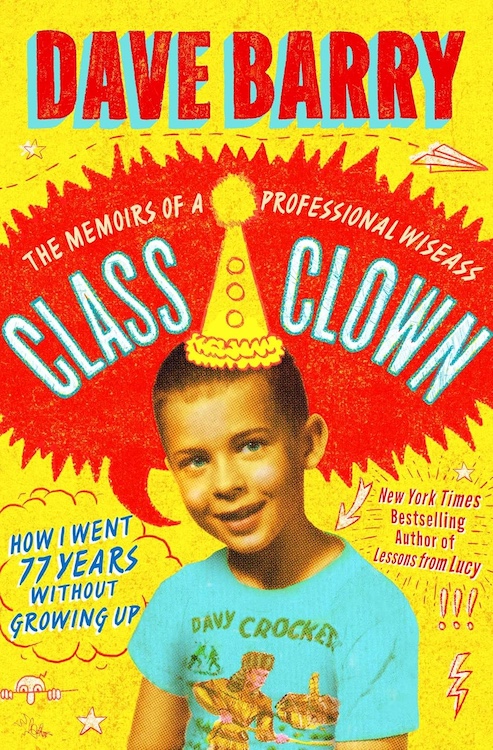Order List
The normal term is over, but there is a significant amount of stuff left to clear away. Monday is the first of two order days. Most weeks only have at most one.
The first order list is fairly busy. They granted a few cases, including a major campaign finance case.
[ETA: The next day, the Supreme Court appointed someone to argue the case.]
Thomas and Sotomayor have statements and dissents in a few cases. Thomas didn't take part in a case without comment. Sotomayor and Kavanaugh would have taken cases without saying why.
(Curiously, the Sotomayor statement regarding the U.S. Sentencing Commission was joined by Barrett, with Jackson -- who had experience there -- not adding any comment.)
A per curiam yet again rejected a Bivens claim (right to sue for damages, here a prisoner alleged physical abuse). The short opinion, without dissents, cites an earlier case saying there is an alternate route for relief. The liberals dissented there to point out the problem. Congress can address this problem. Ha ha.
The Court also GVR'ed (grant, vacate, remand) a case, which is fairly common. The notable thing is that they granted a petition for rehearing in the process, something nearly never done. The case has been lingering since last summer.
More to come on Thursday. Also, for your scheduling pleasure, here are the three summer order list dates.
Books
I was looking at a discussion of some fictional accounts of the Supreme Court and checked out two books from the early 1980s.
Both are easy reading, while not too realistic (or detailed) accounts of the Supreme Court. They have some insider stuff while largely focusing on others tangentially connected to them.
Margaret Truman (Harry’s daughter) wrote (or had a ghostwriter write) many mysteries, including ones with D.C. locations.
One involved Murder in the Supreme Court. The book doesn’t provide too many Supreme Court insights, tossing in some conspiracy stuff, but it is decent as a mystery. It provides various points of view, including a few justices and law clerks. The action largely focuses on the two people investigating the murder.
Again, the Supreme Court stuff isn’t too impressive. For instance, why have a justice patterned on William O. Douglas and reference the actual person? The "youngest justice" was Joseph Story. The book takes place in the 1980s. Someone who fought in the Korean War is not too young.
No More Dreams by William J. Coughlin is also from the early 1980s. Coughlin was an author and United States administrative judge. This book concerns the effort to replace a judge on a 4-4 Court. Tad heavy-handed with one justice supposedly deciding a bunch of life-changing things.
The Supreme Court took many more cases in the early 1980s. Many (most?) of them weren't too significant. The book also includes a rather unlikely law suppressing the freedom of the press (multiple serious articles are not published since the law makes the press liable for the results of the story, including a reduction of the collection of tolls after a story about the bridge being structurally unsound).
The book largely focuses on a man's job (and various other personal things while he is there to investigate a possible candidate. Since the guy is principled, the ending is not too surprising.
It is sometimes too detailed, but it is mostly a quick reading three hundred pages.
Roberts Vents
Meanwhile, Roberts is fine if you "vent" about bad rulings. He thinks mostly that it is about disagreement with the results, not the unfairness of the process.
OTOH, many argue it very well is about that.
Strict Scrutiny Podcast
Strict Scrutiny had two "emergency" podcasts to cover the Planned Parenthood and birthright citizenship decisions (and other stuff) last Thursday and Friday. Both were around fifty minutes. I think that should be about the length of regular episodes. The hour-plus episodes sometimes seem too long. Today's episode follows up, particularly about the LGBTQ+ case.
You can listen and watch (the YouTube stuff is available a little after the audio). The episodes led me to again wonder why the "fourth Beatle" (Jaime Santos) left the show.
She brought more appellate lawyer to the show, not being a law professor like the other three hosts. The (short) Wikipedia page does not even mention her.
Curiously, after I once added a comment about her, it was removed. Did she just leave because she was too busy or felt it wasn't for her?
I don't remember them making a reference to her leaving. Also, when she was an advocate in a case, the reference to her on the show sounded uncomfortable. I think it wasn't exactly a smooth break.
It's all somewhat weird.





